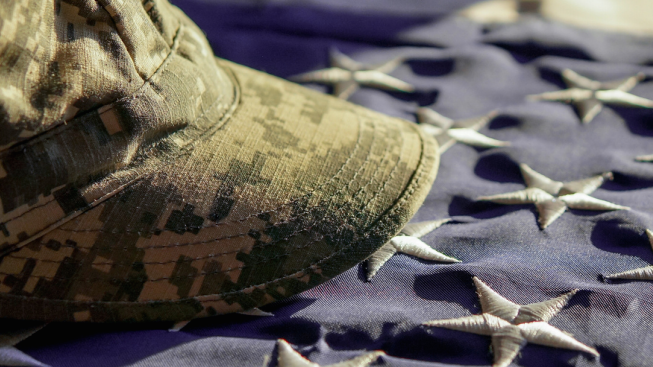Relying on a recent Supreme Court Ruling that state-funded scholarships to religious schools don’t necessarily violate the constitution, a federal judge in Wisconsin has ruled that a faith-based drug treatment program can continue to receive tax dollars in the form of “vouchers” to prisoners.
U.S. District Judge Barbara Crabb had earlier ruled that direct funding by the Wisconsin Department of Corrections of a faith-based treatment program called Faith Works violated the First Amendment’s ban on establishment of religion. Crabb left open in her January ruling, however, a second question of whether indirect funding –in the form of vouchers to inmates who in turn choose between religious and non-religious programs –also violates the Constitution.
Since then, the U.S. Supreme Court handed down a landmark ruling upholding an Ohio program providing government-funded scholarships that parents may use to send their children to private—including parochial –schools.
Voucher ruling
The June decision said such voucher programs are allowed by the Constitution, as long as parents have a genuine choice between religious and secular schools in deciding where to cash in the scholarships.
In a second ruling on the Wisconsin case July 29, Crabb said state funding of the Faith Works program operates on a similar principle, because it is tied to individual inmates who choose between the faith-based and secular programs.
In her ruling, Crabb said the Department of Corrections issued regulations of prison staff requiring that they inform prisoners that they were not required to use the Faith Works program and that they could choose a secular alternative. (ABP)





Share with others: